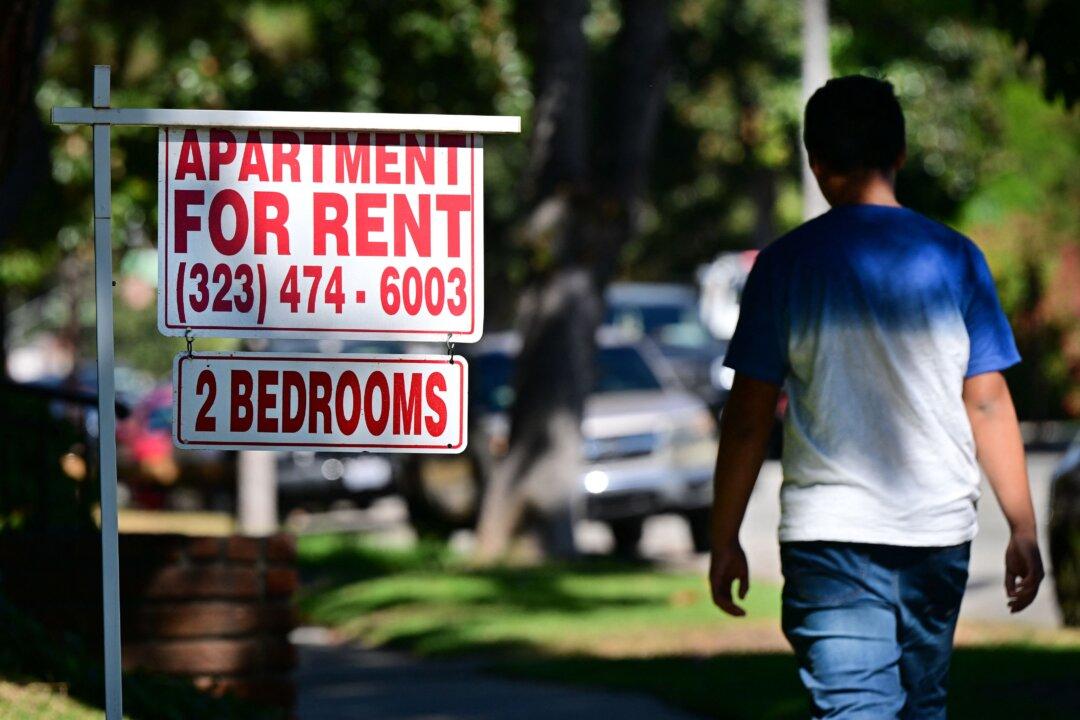The Biden administration is exposing so-called junk fees in the housing rental industry in an effort to make the actual cost of housing more transparent to consumers.
President Joe Biden announced the initiative on July 19 at a meeting of the White House Competition Council, an inter-agency task force formed in 2021 to combat unfair competition in certain industries and lower prices for consumers.





